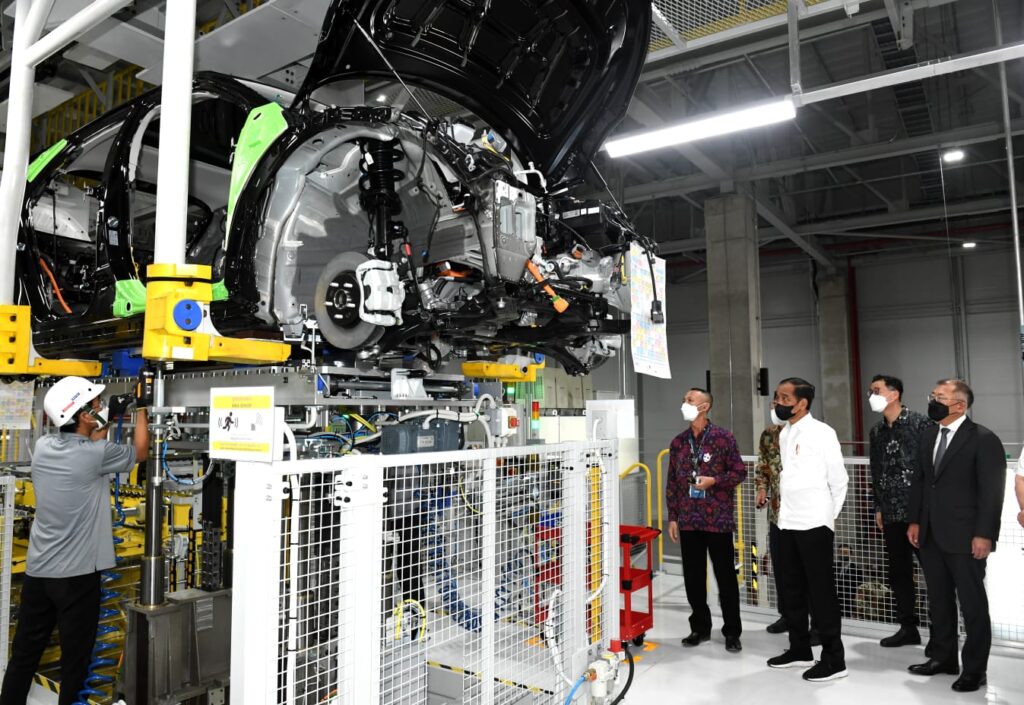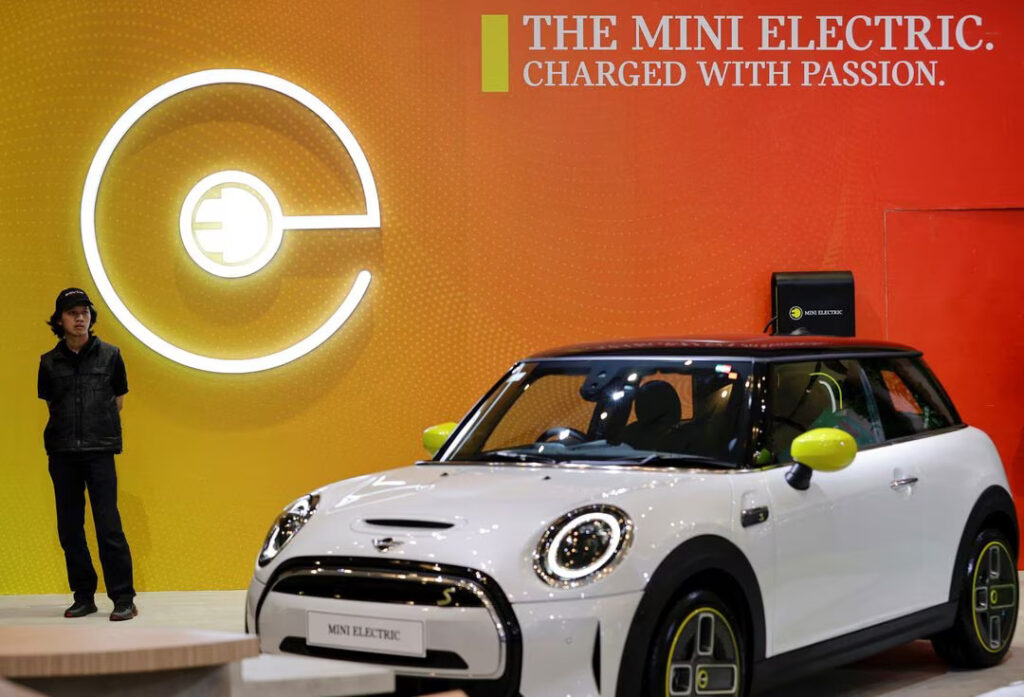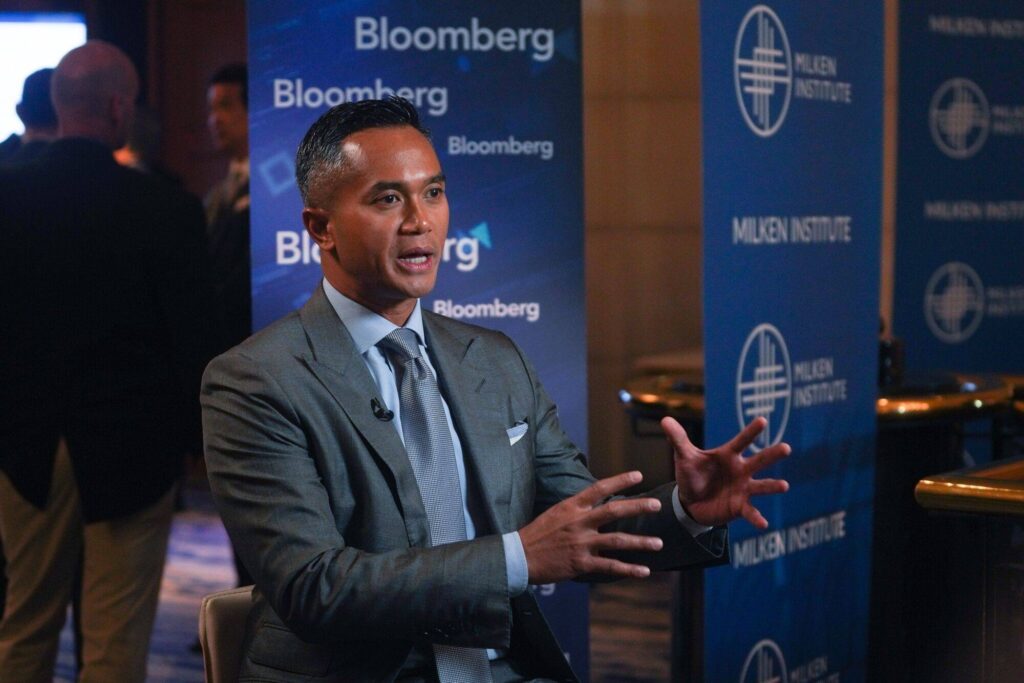
Cleaner modes of transportation are gaining traction throughout the world, especially in ASEAN countries. The idea of sustainable and environmentally friendly transport has become something that ASEAN countries are trying to develop right now.
As electric vehicles silently hum down city streets and innovative transit solutions emerge, ASEAN nations are diligently pursuing creative ideas and actively engaged in constructing and developing electric vehicles. According to The Jakarta Post, Indonesia, Malaysia, Thailand, and Vietnam knowingly have seized the opportunity to position themselves as central figures in the electric vehicle (EV) revolution. Furthermore, these four countries reportedly had their own strategic investment in infrastructure and research to attract EV manufacturers.
For instance, despite its relatively recent entry into the electric vehicle (EV) industry, Malaysia has been intentionally selected as the regional headquarters for two globally renowned automotive companies, Geely and Tesla. Furthermore, the Malaysian government has reportedly prioritized the EV industry and is actively working to create an environment conducive to achieving its goal of having 125,000 EVs on the road by 2030. Similar to Malaysia’s success, Thailand has successfully lured Chinese electric vehicle manufacturer Neta Auto to invest in the country, establishing Thailand as the central production and export hub for right-hand drive EV cars across the ASEAN region. In a separate development, Vietnam has recently granted approval for a $200 million investment from Foxconn Global to build a factory dedicated to manufacturing EV components.

On the other hand, Indonesia is determined not to be overshadowed and is currently making efforts to attract EV manufacturers. Similar to Malaysia, Indonesia has set an ambitious goal of producing 600,000 EVs by 2030. This dedication is backed by significant investments from China’s Wuling and South Korea’s Hyundai Motors, with further investment plans in the pipeline from China’s Neta Auto EV brand and Japan’s Mitsubishi Motors.
Moreover, Indonesia’s electric vehicle (EV) manufacturing sector is expected to see significant growth, potentially making it one of the biggest players in the global industry. This is largely due to Indonesia’s status as the world’s primary producer of nickel and cobalt, crucial elements in the production of lithium-ion batteries for EVs. By capitalizing on its rich raw material resources, Indonesia has the capability to reduce production costs significantly compared to many other countries.
Given the substantial efforts being made by ASEAN nations to advance the electric vehicle (EV) industry, Anindya Bakrie, Chief Executive of the Indonesian conglomerate Bakrie & Brothers, emphasized the prospect of Southeast Asian countries joining hands to establish themselves as a significant manufacturing hub.

During his speech at the Hong Kong-ASEAN Summit 2023, Bakrie remarked that ASEAN nations are currently well-positioned to evolve into the world’s fourth-largest economy and the most extensive export region. He further highlighted ASEAN’s potential to become a global production hub and supply chain for both the East and West, particularly in the EV industry. He also emphasized that instead of regarding one another as competitors, each of the ASEAN nations can bring distinct strengths to the table as partners. Through collaboration within the EV industry, these unique qualities can be harnessed to benefit the entire ASEAN region substantially.
While the electric vehicle (EV) industry in ASEAN countries carries significant potential, there has been a notable absence of comprehensive discussions or collaborations among ASEAN countries aimed at collectively building a regional EV industry. However, there have been reports of potential collaboration plans, one of them is Indonesia’s and Malaysia’s collaboration in EV battery factory development.
In terms of cooperation within the ASEAN nations in the EV industry, it’s clear that opportunities for collaborative efforts are still in their early stages. Major players in the ASEAN region appear to have started to consider working together to maximize the benefits for everyone involved. This means that in the upcoming years, we could expect to see more progress and initiatives as ASEAN countries further explore opportunities for mutual growth and cooperation in this evolving industry.

About the Author
Hello there! I’m Sari Dewi, an enthusiastic and passionate writer from Indonesia. As a volunteer at AYOPOST, I’m dedicated to providing valuable information on Youth Insight topics. Immersed in the captivating realms of foreign policy, politics, and economic development, my passion ignites a relentless pursuit of knowledge. AYOPOST fuels this fire, providing a platform where I empower ASEAN youth, foster meaningful connections, and catalyze transformative change. Let’s embark on this exciting journey together, shaping the future with unwavering determination and enthusiasm.